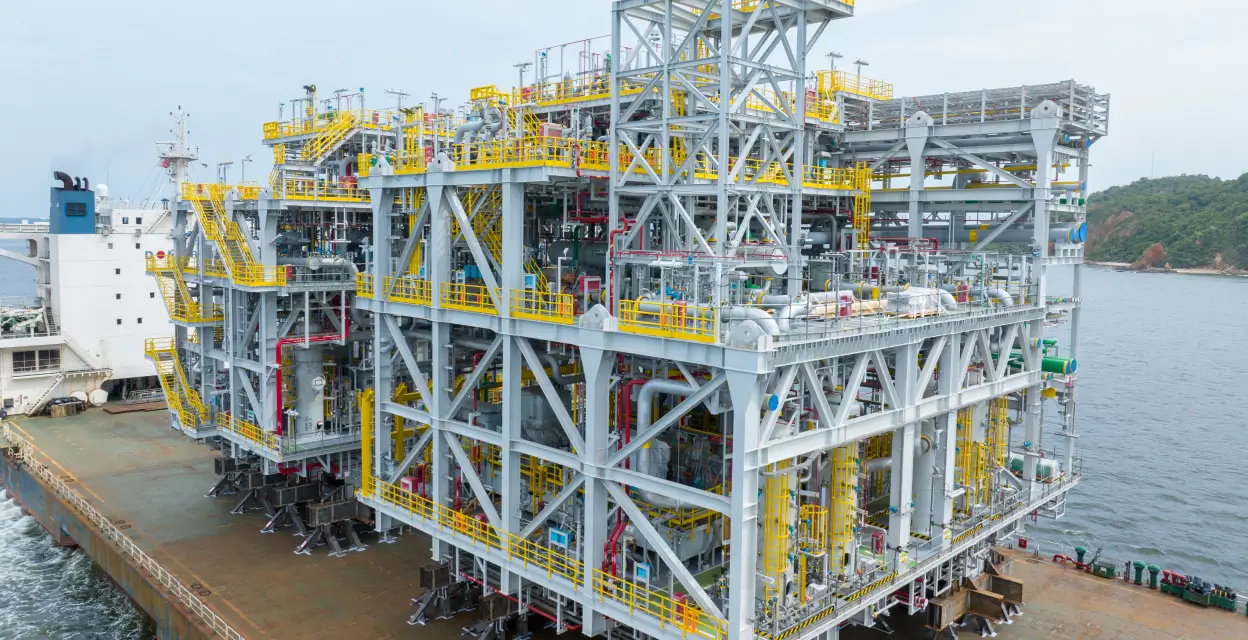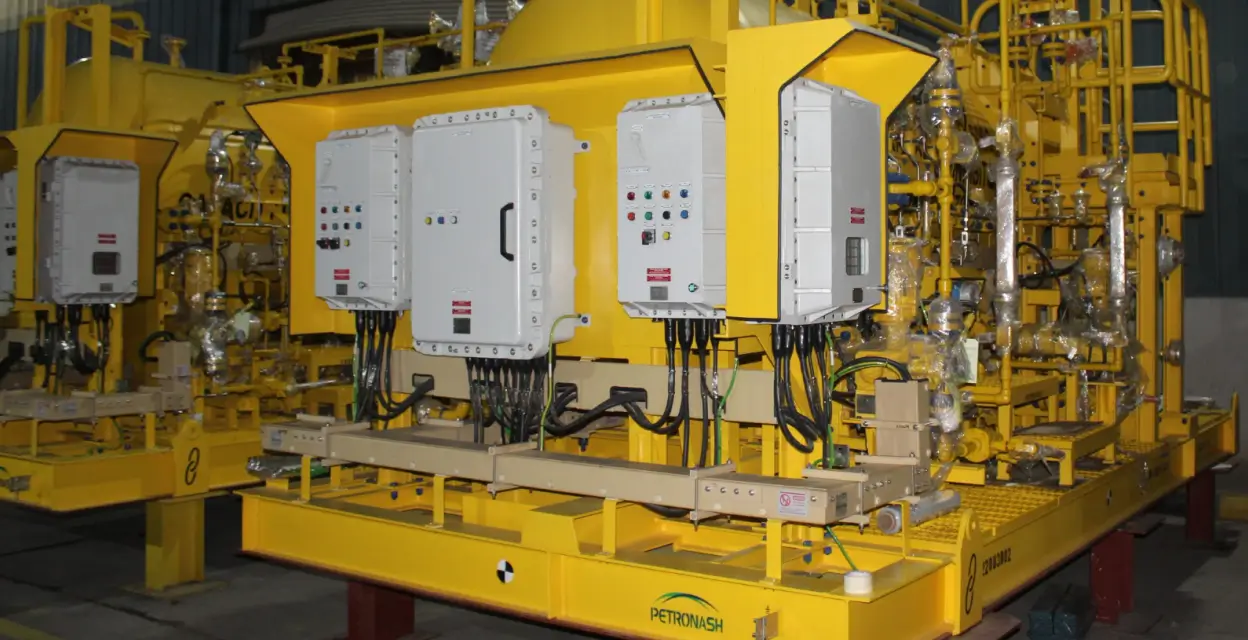In the ever-evolving oil and gas industry, modular engineering solutions are at the forefront of innovation, offering cost-effective, flexible, and efficient alternatives to traditional construction methods. As the demand for energy continues to grow, the need for innovative technologies that can streamline operations and reduce environmental impact has become increasingly crucial. In this article, we will explore the latest trends and technologies in modular engineering solutions and how they are transforming the oil and gas sector.
The Rise of Modular Construction
Modular construction involves prefabricating components of a project in a controlled environment, such as a factory, and then transporting and assembling them on-site. This approach has gained significant traction in the oil and gas industry due to its numerous benefits, including:
- Improved Quality Control
By fabricating components in a controlled environment, modular construction ensures consistent quality and reduces the risk of defects. - Reduced Construction Time
Modular construction allows for parallel fabrication and on-site assembly, significantly reducing project timelines. - Cost Savings
Modular construction can lead to cost savings through reduced labor costs, efficient material usage, and minimized on-site waste. - Enhanced Safety
By shifting a substantial portion of the construction process to a controlled environment, modular construction reduces the risks associated with on- site work, such as exposure to harsh weather conditions and potential accidents.
Emerging Trends in Modular Engineering Solutions
- Automation and Robotics
The integration of automation and robotics in modular fabrication is revolutionizing the industry. Advanced technologies, such as BIM (Building Information Modeling) and 3D printing, are streamlining the design and fabrication process, reducing errors and improving efficiency. - Integrated Modular Solutions
Modular engineering solutions are becoming increasingly integrated, combining multiple systems and components into a single, pre-assembled unit. This approach reduces the number of connections and interfaces required on-site, leading to faster installation times and improved - Sustainability and Environmental Considerations
As the industry focuses more on sustainability and environmental stewardship, modular engineering solutions are being designed with a greater emphasis on reducing the carbon footprint of This includes the use of renewable energy sources, such as solar and wind power, to power modular facilities and the implementation of eco-friendly materials and processes. - Digitalization and Smart Technologies
The adoption of digital technologies, including smart grids and IoT (Internet of Things) solutions, is transforming how energy is managed and distributed in modular engineering projects. These technologies enable real-time monitoring and optimization of energy systems, improving efficiency and reducing waste. - Customization and Flexibility
Modular engineering solutions are becoming increasingly customizable, allowing for easy adaptation to specific project requirements. This flexibility is crucial in the oil and gas industry, where each project presents unique challenges and constraints.
Benefits of Modular Engineering Solutions
- Reduced Project Risks
By shifting construction activities to a controlled environment, modular engineering solutions minimize the risks associated with on- site work, such as weather delays and safety hazards. - Improved Project Outcomes
Modular engineering solutions can lead to better project outcomes through enhanced quality control, reduced construction times, and cost savings. - Increased Efficiency
Modular engineering solutions optimize operational efficiency by streamlining processes, reducing waste, and enabling real-time monitoring and optimization of energy systems. - Adaptability to Changing Needs
The flexibility of modular engineering solutions allows for easy adaptation to changing project requirements and market conditions, ensuring long-term viability and competitiveness.
Conclusion
As the oil and gas industry continues to evolve, modular engineering solutions are poised to play a crucial role in driving innovation and efficiency. By embracing the latest trends and technologies, companies can unlock the full potential of modular construction and position themselves for success in an increasingly competitive and sustainable market. From improved quality control to enhanced environmental stewardship, modular engineering solutions are revolutionizing the way the oil and gas industry operates, paving the way for a more efficient and sustainable future.
 Back To Blogs
Back To Blogs


